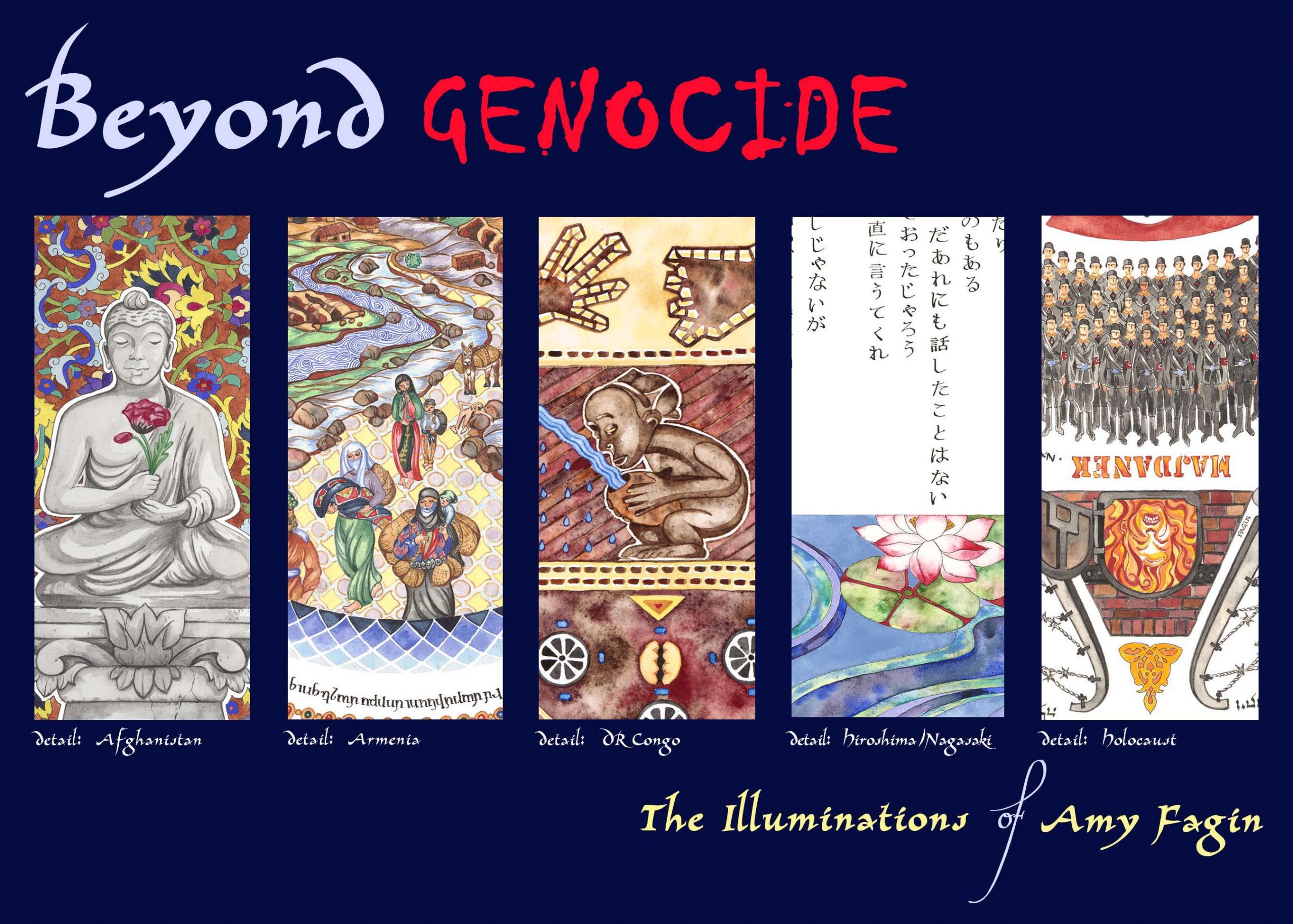Resources on Social Norms and Collective Memory
It is important to ground our understanding of creative cultural expression in response to mass violence within a theoretical and scientific evaluation of social norms, memory, collective memory and how these behaviors can be understood in relation to violence: before, during or after active violent conflict. The following resources identify research trends in social psychology and conformity of behavior, norms and violence, collective memory and the dynamics of how we understand, interpret and remember and document the past.
Stanford Encyclopedia of Philosophy: Social Norms: This resource conveys an in-depth analysis of social norms and their functioning in different cultures as well as how social functions motivate people. Social Norms outlines theoretical developments in socialization, individual action, choices and motivations in selecting different behaviors.
National Academies of Sciences, Engineering and Medicine: Addressing the Social and Cultural Norms that Underlie the Acceptance of Violence: These insightful proceedings from a 2018 workshop elucidates on social and cultural norms that lead to the acquiescence of violence and what interventions can be implemented to reduce the occurrence of violence and to promote prevention.
Collective Memory – What is It?: Understanding the origins of the concept of collective memory as a foundation for the theoretical underpinnings of how we record history, historiography and the dynamics of how we understand the past, present and future as individuals and the collective. This resource introduces us to the catalytic theories of collective memory and its relationship to the scientific methodology of historiography and the “true” version of the facts.
The Rise of Memory: Pierre Nora: French historian Pierre Nora pioneered the recognition of the organic dimensionality of collective memory and its subset of cultural memory as a remembered evolution of the cascade of historical facts, and in contrast to the reconstruction and selective representation of history. This lecture introduces the concepts of collective recollection, forgetting and imagining in the individual and society.
History, Memory and Conflict: The Collective Memory of Maurice Halbwachs: This paper reviews the contribution of French philosopher Maruice Hawbwachs’ idea of collective memory and its impact on conflict analysis and resolution. Social frameworks of memory, dreams, language, reconstruction of the past, localization of memory and the collective memory of the family are examined in this article.
Memory: From Liberty to Tyranny: Pierre Nora: This lecture by Nora threads the conceptual characteristics of memory, historiography, heritage, culture and the modern challenges of political interference with historical analysis.
The Collective Memory Reader : This volume is essential reading on past and contemporary contributions to the field of collective memory studies. The reader includes precursors to the field as well as sections on history, memory and identity, power, politics, media and modes of transmission. This resource is an indispensable entry point to the field for students and scholars.
Multidirectional Memory: This volume by Michael Rothberg brings together Holocaust studies and post-colonial studies. Rothberg offers a framework for considering and contesting memory by re-framing competitive constructs of public memory to a negotiated and cross-referenced form of public remembrance that is based on a shared “multidirectional” memory that creates the possibility for solidarity as opposed to marginalization.
In Praise of Forgetting: Historical Memory and its Ironies: This volume by David Reiff delves into how individuals, nations and social groups wrangle with collective memory in the wake of bloody conflict, and how, in some iterations abuse historical memory. The morality of memorialization is argued as a questionable curative for reconciliation and a possible aggravation. Yale University Press describes this volume as an “indispensable work of moral philosophy.
Memory in a Global Age: “A significant contribution to memory studies and part of an emergent strand of work on global memory. This book offers important insights on topics relating to memory, globalization, international politics, international relations, Holocaust studies and media and communication studies.” (Palgrave MacMillan)
Memory and the Future: ” For those who study memory, there is a nagging concern that memory studies are inherently backward-looking, and that memory itself hinders efforts to move forward. Unhinging memory from the past, this book brings together an interdisciplinary group of prominent scholars who bring the future into the study of memory.” (Palgrave MacMillan)




